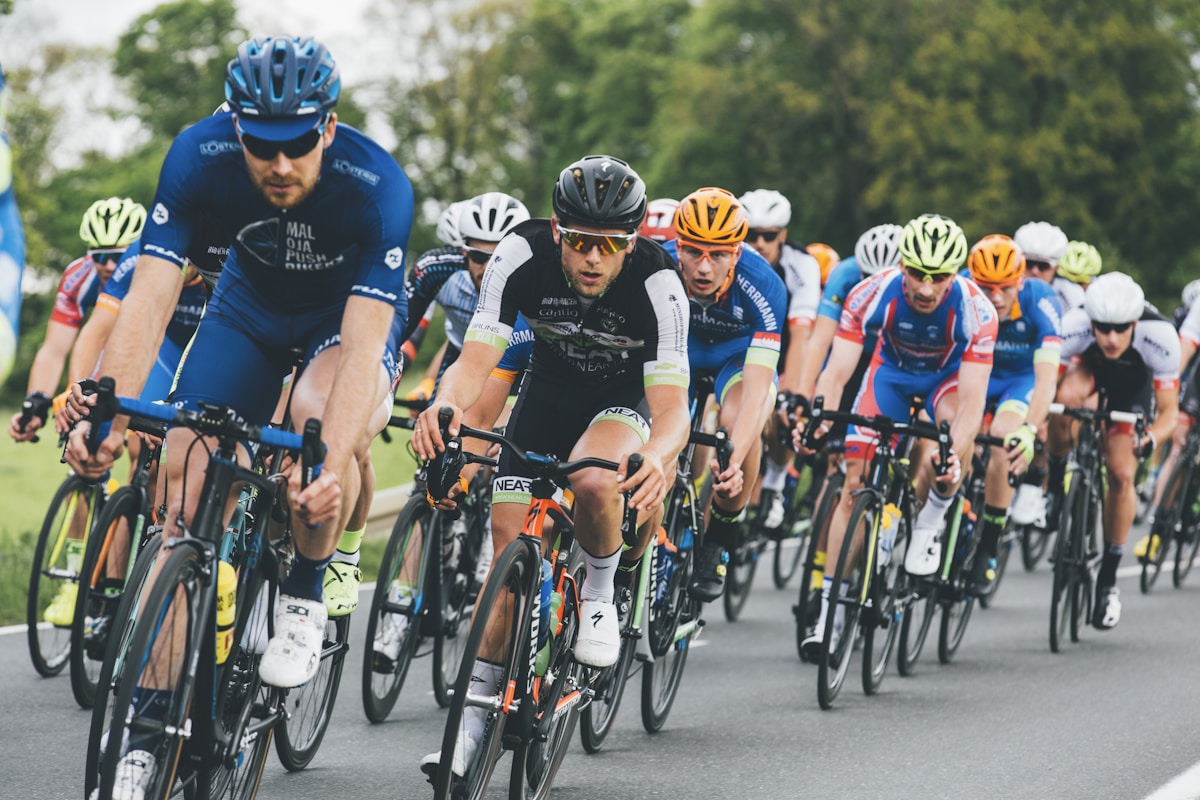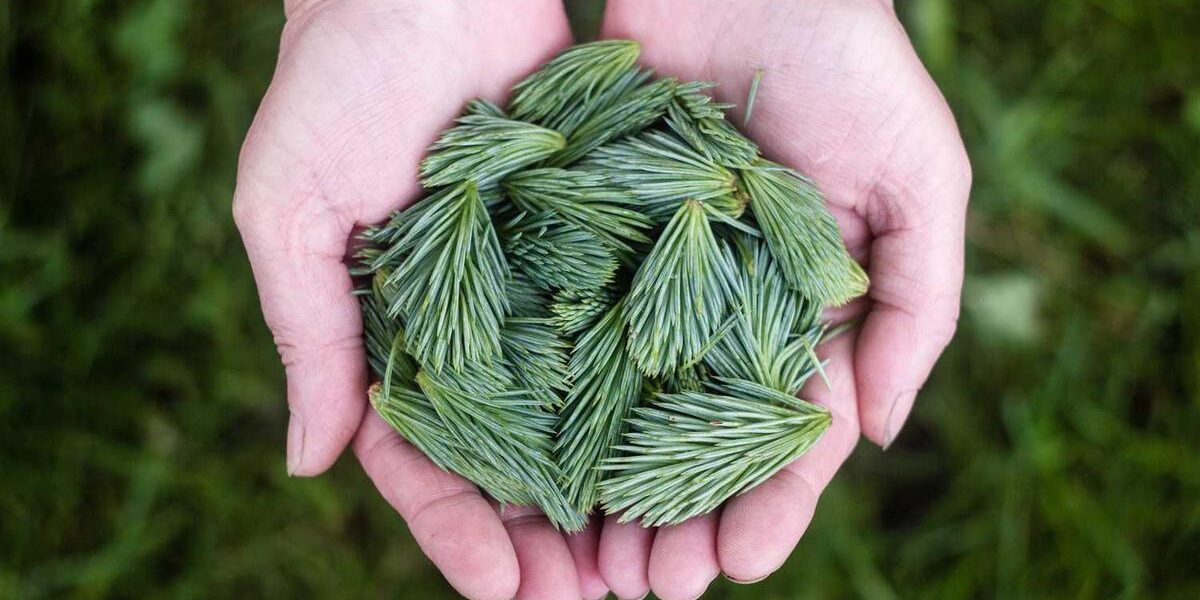Sophia Martinez is a cycling gear specialist and product reviewer with eight years of experience testing bicycle components and accessories. She holds certifications from the League of American Bicyclists and serves as a bike safety educator in her community.




